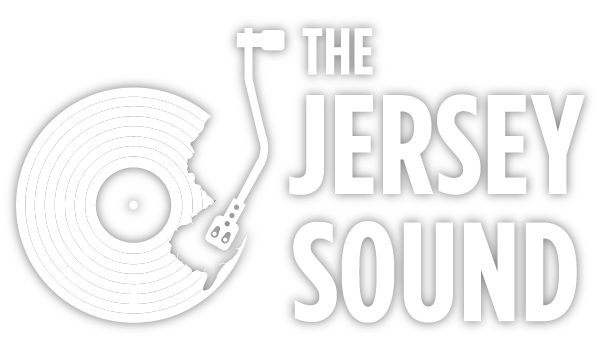Bill Evans
Bill Evans, from North Plainfield, is “one of the greatest pianists” according to Herbie Hancock. The genius of Bill Evans lay in how he utilized harmonic structures to create almost an impressionist interpretation of the jazz idiom. When scholars debate the greatest jazz albums of all time, Kind Of Blue, the 1959 Miles Davis album, always seems to get mentioned. It’s modal jazz avoids clusters of notes for a free melody. Evans wrote, performed and arranged on that album. His “Blue In Green” is a jazz pianist’s primer. His influence has traversed the decades, whether it be leading his pioneering trio with drummer Paul Motian and bassist Scott LaFaro or his mountain of solo recordings. “The piano it sounds like a symphony” Billy Joel once wrote. The piano’s 88 keys needs no accompaniment, especially in the hands of a master like Bill Evans. The Grammy-winning Conversations With Myself (1963) had him playing three different pianos, overdubbed and interwoven in revolutionary fashion, creating, in the process, a 264-note symphony.
Evans was influenced as much by such classical composers as Claude Debussy, Maurice Ravel and Aleksandr Scribian as he was by jazz pianists Bud Powell, Lennie Tristano and Horace Silver.
(Advertisement) Story continues below…
Born in Plainfield, August 16, 1929, he studied classical music at Southeastern Louisiana University. He served his country in the U.S. Army, then upon his release, came out with New Jazz Conceptions in 1956. It contained what is now a jazz standard, “Waltz For Debby.” Miles heard it and immediately asked him to join his band in ’58. Evans influenced the course of Miles’s music to include European classical motifs. He got famous, recorded with Cannonball Adderley where he played on the original version of “Nardis” by Miles, another standard now, before cutting 12 albums in the next four years.
Stan Getz & Bill Evans (1964) and Bill Evans Trio With Symphony Orchestra (1965) predated his ‘70s electric-piano phase. Onstage, he was more than just an introvert, hardly addressing the audience at all, not even to name songs. An overriding heroin addiction further withered his talents.
He was on tour in 1979, after the suicides of his girlfriend and his brother, when his own lust for life started to dissipate. His last album, We Will Meet Again, won him another Grammy but he was already dead. He was living in Fort Lee at the time, complained of stomach cramps, and was rushed to the hospital by drummer Joe LaBarbera where he died September 15, 1980, from a combination of ulcers, cirrhosis, pneumonia and hepatitis.
In 2021, a five-CD boxed set, Everybody Loves Bill Evans, was released.

